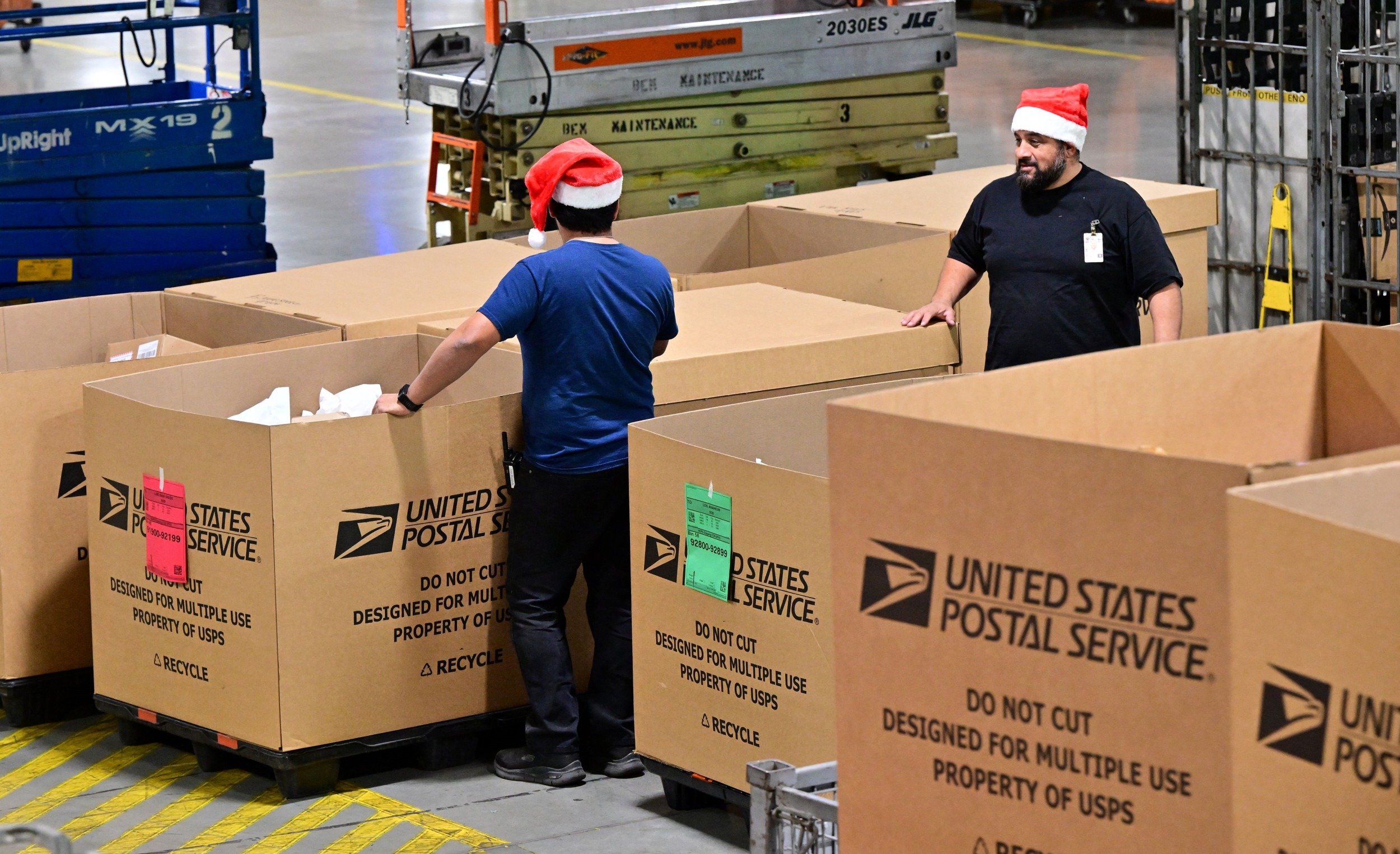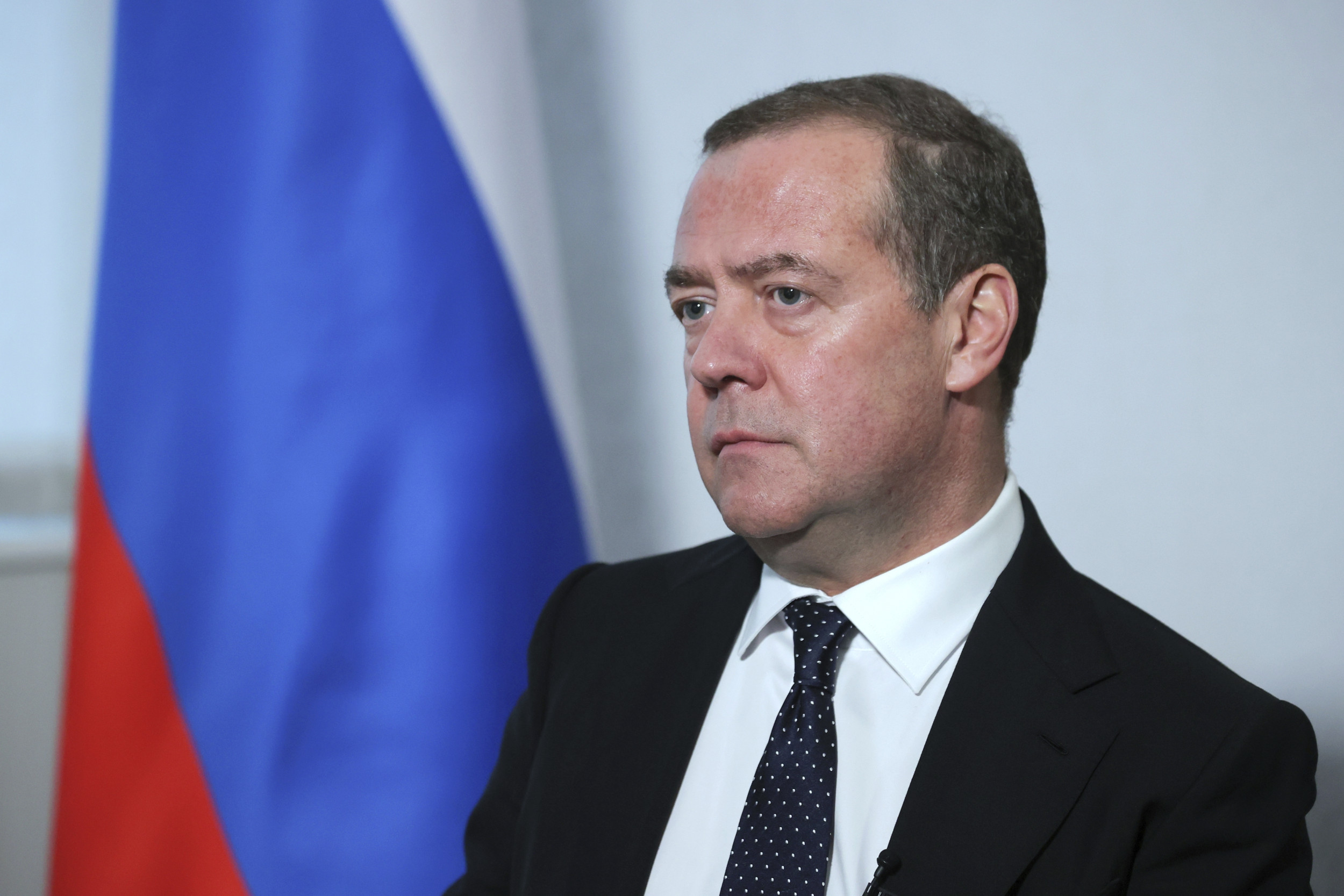Ukraine needs its allies to give it military money rather than troops, Estonia's defense minister Hanno Pevkur has said.
NATO members have dampened down reports that they would send personnel to help Kyiv fight Russian aggression. Pevkur told The Hill that, with the right resources, instead of troops, Ukraine could be militarily independent in its fight against Russian President Vladimir Putin's full-scale invasion.
"Ukrainians can handle all of this, when we can deliver all what they need," Pevkur told the U.S. outlet during the Halifax International Security Forum in Canada.
Pevkur said that Ukrainian production of howitzers, which is up to seven times the rate of France's, showed Kyiv's capacity to produce military equipment at scale, "but it only has $15 billion to spend, while its capacity is about $30 billion."
Pevkur said Ukraine's surprise incursion into Russia's Kursk region, launched on August 6, had been hampered by a lack of equipment and firepower to push even further. He added that, to develop Kyiv's military industry, allies must "give them money—it's a simple message."
Newsweek has contacted NATO and the Ukrainian Defense Ministry for comment.

Is the UK Sending Troops to Ukraine?
Fears of escalation have acted as a brake on Western military aid for Ukraine, with the Biden administration only this week confirming that it had dropped its restrictions on ATACMS being used inside Russian territory.
As the debate rages over whether the U.K. will follow suit regarding its Storm Shadow missiles, it appears that Ukraine's allies have quashed reports that soldiers from NATO members might fight Russia.
Le Monde newspaper in France had reported that the U.K. and France had discussed deploying personnel or private defense contractors to Ukraine and were "not ruling out" such a move.
Citing unnamed sources, the French newspaper said that the issue was raised during U.K. Prime Minister Keir Starmer's visit to Paris on November 11 to take the lead in a pro-Kyiv coalition. This was due to the imminent entry into the White House of President Donald Trump, who has criticized continued American support for Ukraine.
However, British Foreign Secretary David Lammy has rejected this prospect, telling reporters at the G7 foreign ministers' meeting in Italy about the "long-standing position that we are not committing U.K. troops to the theater of action." Lammy added that it would continue its support with training.
Another ally, Germany, has said that its military instructors would train Ukraine's troops but not on Ukrainian territory.
"To the extent that we are seeing statements pouring cold water on this today, it reflects that underlying unease about the escalatory potential of the conflict," Andrew Payne, senior lecturer in foreign policy and security at City St. George's, University of London, told Newsweek on Tuesday.
"What makes troop deployments especially significant as an escalation risk is the public attention that comes with having 'boots on the ground,'" Payne said.
"If a single service member were to be killed on the battlefield, that could serve as a tripwire that quickly metastasizes into a wider war between NATO states and Russia.
"At a time when the future U.S. commitment to the conflict is in question, I don't anticipate any broader shift in the current European posture, which essentially amounts to a commitment to fight to the last Ukrainian," Payne added.
France's President Emmanuel Macron had previously suggested deploying military trainers to Ukraine, but this has been opposed by allies, such as Germany.
Paris has not ruled this option out, though. French Foreign Minister Jean-Noël Barrot said on November 23 that the West should "not set and express red lines" on providing Ukraine with military support. Asked if this could even mean French troops in combat, Barrot told the BBC that France would "not discard any option."



















 English (US) ·
English (US) ·